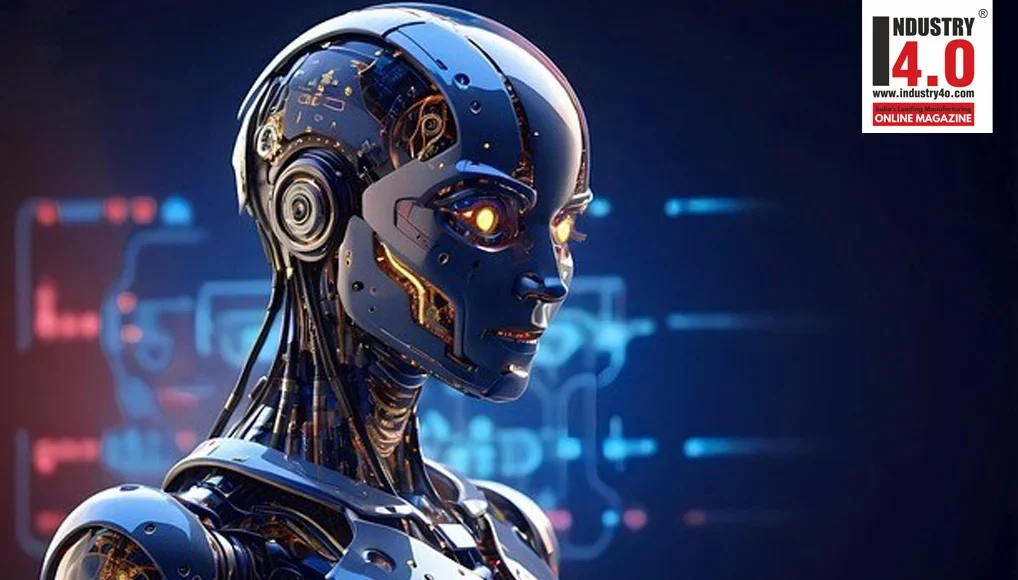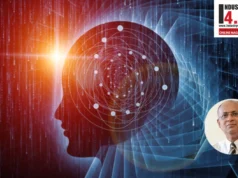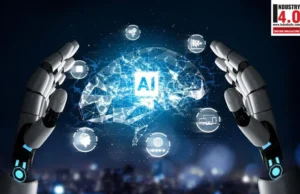The Law and Artificial Intelligence an Unholy Alliance or Softening the Hammer?
The so called “Innovation” element of Artificial Intelligence can summarily reject the “rule of law” (The Hammer)? or Whether Artificial Intelligence can feel empathy in judicial pronouncements and noble legislative intent considering the human element? Though AI is not a Frankenstein in the strict sense of scientific spirit.
With this back ground this article intends to analyze the pros and cons of the AI in Legal and justice delivery systems. The regulations stifling innovation is a dangerous notion as AI has already gone unlimited and uncontrollable. In common knowledge that any technology which is used by the human kind is to be regulated with care and caution as we have witnessed the “atom bombs’ an utter shame of our civilization. There are authentic reports that AI could flood the internet with enormous amount of toxic and addictive information. Therefore, the legal regulatory framework should be compulsory and not voluntary. The new AI jargon “Deep Fake” which destroys the charismatic personality in few seconds demonstrates the real impact of AI, though AI can add advanced technological benefits to human kind. The higher the risk category, the bigger the reporting requirements.
In India, the ethics and cultural impacts of AI raise concerns about bias, data privacy, and potential job displacement, while also presenting opportunities for innovation and cultural preservation. India with large human population currently lacks specific legislation directly regulating AI, but is developing a framework through initiatives like the National Strategy for Artificial Intelligence and the Digital Personal Data Protection Act (DPDP Act), with the Ministry of Electronics and Information Technology (MeitY) issuing advisories to guide responsible AI development and deployment. As Artificial Intelligence can reach and impact wider geographies and larger populations, India becomes vulnerable.
India does not have a comprehensive law specifically addressing AI, unlike some other countries like the EU with its AI Act. Existing laws, such as the Information Technology Act, 2000, and the DPDP Act, 2023, are being used to address AI-related issues, particularly data privacy and ethical considerations. The government has launched initiatives and issued guidelines to promote responsible AI development and deployment.
India’s approach to artificial intelligence (AI) regulation is evolving, with various initiatives and frameworks being developed to address the opportunities and challenges presented by AI technologies. In 2018, NITI Aayog, India’s premier policy think tank, introduced the National Strategy for Artificial Intelligence, known as #AIForAll. This strategy focuses on leveraging AI in key sectors such as healthcare, agriculture, education, smart cities, and smart mobility. It aims to promote research and development, facilitate adoption, and address ethical considerations associated with AI deployment.
Building upon this, NITI Aayog released the “Principles for Responsible AI” in 2021, emphasizing ethical guidelines for AI applications. These principles cover aspects like transparency, accountability, and inclusiveness, aiming to ensure that AI technologies are developed and used responsibly within the Indian context. In January 2025, the Indian government announced the establishment of the India AI Safety Institute. This institute is tasked with ensuring the ethical and safe application of AI models, promoting domestic research and development that reflects India’s diverse socio-cultural landscape. It will collaborate with academic institutions and private sector partners to undertake projects focused on AI safety and ethics. As AI can penetrate communities and transgress boundaries the “AI horizon” becomes unchallengeable and abundant. Further, if Impactful AI models are highly political, disseminating illegal content (or) wrong financial data (or) used for election manipulation could have a detrimental effect on democracy and the economy.
Case Laws:
Intellectual Property Rights:In January 2025, Indian and international book publishers filed a copyright lawsuit against OpenAI in New Delhi, alleging unauthorized use of copyrighted content for AI training. This case is part of a global trend addressing the use of copyrighted material in AI development.
Personality Rights:In August 2024, actor Anil Kapoor secured a legal victory against the unauthorized use of his likeness through AI technology, setting a precedent for protecting individual personality rights in the digital age.
1. Patent Law and AI-Generated Inventions
Thaler v. Vidal (2022): In this landmark U.S. case, the court ruled that only humans can be recognized as inventors under patent law, rejecting AI-generated patent applications. This decision underscores the legal system’s current stance on the non-recognition of AI entities as inventors.
2. Copyright Infringement and AI Training Data
Thomson Reuters v. ROSS Intelligence (2025): A Delaware federal court held that ROSS Intelligence’s use of Westlaw’s headnotes to train its AI-driven legal research tool did not qualify as fair use. This ruling emphasizes the importance of obtaining proper authorization when using copyrighted materials for AI training.
Getty Images v. Stability AI (2023): Getty Images sued Stability AI in both the UK and the U.S., alleging unauthorized use of its images to train AI models. These cases highlight the growing concern over the use of copyrighted content in developing AI technologies.
Australian Authors vs. Meta (2025): Australian authors expressed outrage upon discovering that their works may have been used without consent to train Meta’s AI models. This situation underscores the ongoing global debate over intellectual property rights in the context of AI development.
3. AI-Generated Art and Copyright
Thaler’s AI-Generated Art Case (2025): A U.S. federal appeals court ruled that AI-generated artworks lacking human authorship are not eligible for copyright protection. This decision reinforces the principle that copyright law requires human creativity for protection.
4. AI in Legal Practice
Lawyers Sanctioned for Citing AI-Generated Fake Cases (2025): A federal court sanctioned attorneys for submitting court filings that referenced non-existent, AI-generated case law. This incident serves as a cautionary tale about the reliability of AI tools in legal research and the necessity for human oversight.
5. Consumer Protection and AI Misrepresentation
FTC vs. DoNotPay (2024): The U.S. Federal Trade Commission fined DoNotPay $193,000 for deceptive practices related to its AI legal services, including false advertising claims. This case highlights the need for transparency and accuracy in marketing AI-driven consumer services.
Latest Regulatory Developments
European Union’s AI Act (2025): EU lawmakers have cautioned against efforts to weaken the provisions of the proposed AI Act, which aims to regulate AI development and deployment. The Act seeks to classify AI technologies based on risk levels, imposing stricter requirements on higher-risk applications.
The evolving intersection of AI and law, emphasise the need for legal and regulatory frameworks to adapt to technological advancements without underscoring the importance of addressing issues related to intellectual property, liability, human health, security,and ethical considerations.
About the author:

Mr. Arulsagai Arulsamy
Law Practice l Advocate | Entrepreneur | Coach | Mentor l Litigation l Start-up Legal Consulting I Corporate Compliance l Contract Drafting l Due Diligence l Real Estate Support I IP Strategy l Family Law l Trademark
LinkedIn | E-mail | Phone : +919994 563793











